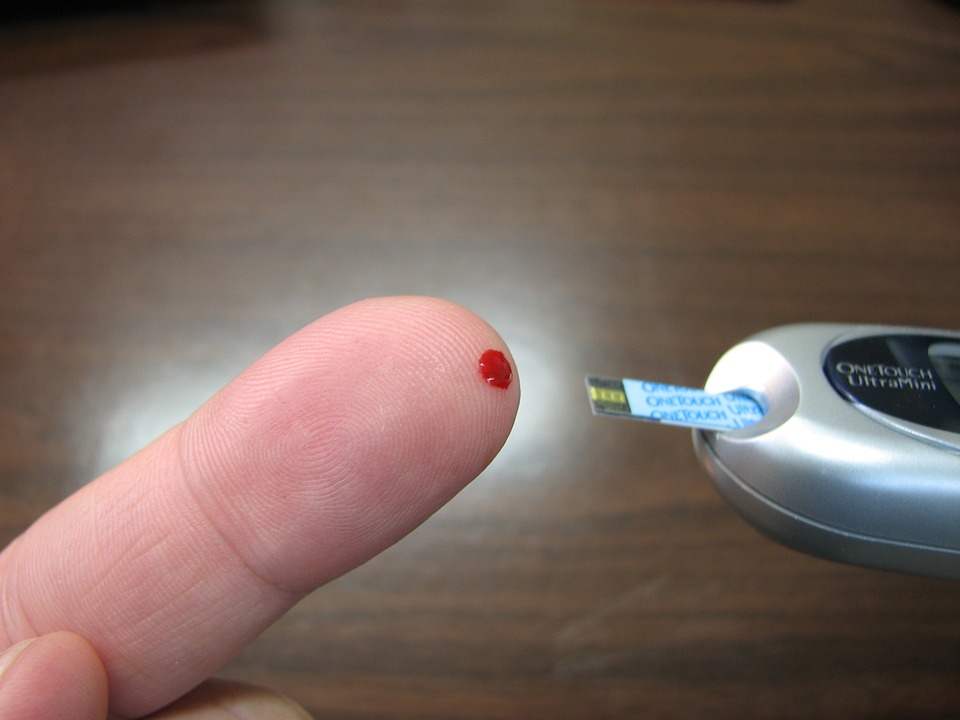
You probably know that food, stress, and illness all affect your blood sugar levels, but sometimes you may see a change in your blood sugar and not know why. Below are some other things to keep in mind.
- Caffeine – Even if unsweetened, caffeinated foods/drinks, may cause your blood sugar to rise.
- Alcohol – The liver is in charge of watching your blood sugar. When you drink alcohol, the liver only works on removing the alcohol. This can make your blood sugar drop if taken on an empty stomach. If the alcohol is mixed in a sugary drink, this can make your blood sugar rise. Learn more.
- Exercise – Usually doing more physical activity lowers blood sugar, but sometimes it can also raise it. Learn more.
- Dehydration – If your body doesn’t have enough fluids, it can release certain hormones. This can cause your liver to produce more blood sugar, making it spike. Learn more.
- Sunburns, injuries, toothaches, or any pain – Any and all of these can cause stress in the body and make your blood sugar rise.
- Not enough sleep – Sleep is very important for your blood sugar. Even just one night of poor sleep can make your blood sugar higher. Learn more.
- Artificial sweeteners – According to the CDC, some of these can raise blood sugar. Other research says they lower blood sugar, or don’t do anything at all. More research is needed.
- Skipping breakfast – Missing this meal might make your blood sugar go too high or too low.
- Over-the-counter medicines – Some medicines like nose spray, cough syrup, or decongestants may have certain ingredients (such as glucose) that can raise blood sugar.
- Time of day – Some people have a hard time with their blood sugar at certain times of the day. For many people, the morning is the hardest.
- Temperature – Outside temperatures can raise or lower your blood sugar.
- Nicotine – Chewing, smoking, or vaping can change the way insulin works int he body and increase blood sugar.
- Stress and illness – Being sick or being stressed will usually raise your blood sugar.
- Medication timing – Taking medicines at the correct time is important. If you are not sure when you are supposed to take yours, talk with your healthcare provider.
- Medication interactions – Some medicines can cause a reaction when taken with certain supplements, and even foods. This can lead to a high or low blood sugar. Be sure to tell your healthcare provider about all medicines and supplements you take.